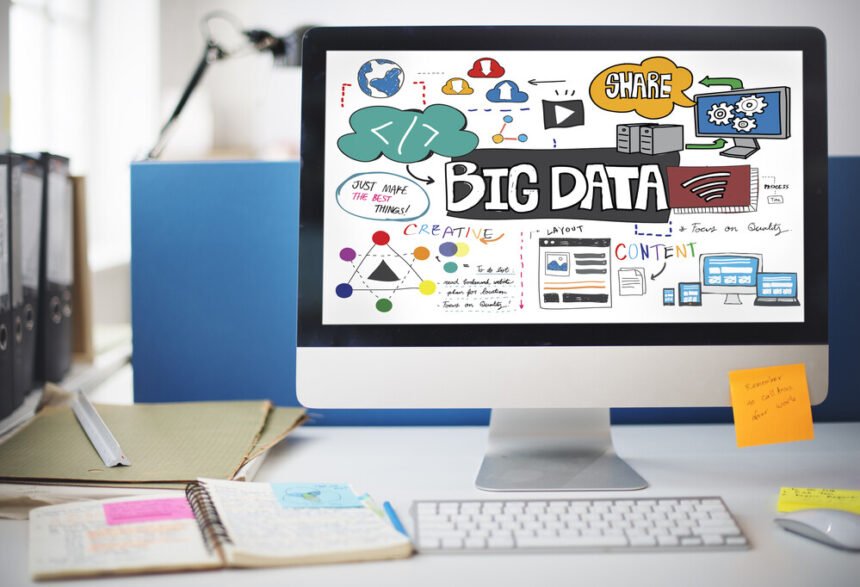A couple of years ago, this article highlighted the complicated changes created by facial recognition technology. This new technology has raised a number of questions about personal privacy, but it has also opened a number of new doors.
A lot of the potential applications of facial recognition software haven’t received much discussion yet. I have seen a lot of people talk about the benefits on social media communication and law enforcement. Consumer research is another area where this technology can be very useful but has not received nearly as much discussion.
Here are some factors that need to be evaluated.
Facial recognition software can be excellent for authenticating demographic inputs
When organizations create focus groups, they carefully observe the participants. Most focus groups are conducted in person, but some are monitored over online video.
Organizations administering online surveys do not have the same visual data on their customers. This can lead to response error bias, either because survey participants deliberately provide inaccurate information about their demographic for some reason or make clerical errors. This can be a serious concern with certain online survey platforms that restrict responses from certain demographics. These platforms often offer rewards to people that take surveys but may only accept a certain demographic group for a given one. In these cases, customers may lie about their age, income or gender to qualify for a survey to earn rewards.
Facial recognition software can help authenticate their true demographic. This will significantly reduce the rate of response errors in the surveys, which will obviously increase their validity.
Organizations must be aware of GDPR requirements when using facial recognition software with European consumers
Organizations that use facial recognition software are unlikely to run into issues with United States privacy laws. The situation will be much different if they are using facial recognition software to conduct background checks of European consumers.
The European Union recently enacted the Global Data Privacy Requirement. This law has a number of provisions, which include requiring people to provide consent before anyone can access their data.
It will be tricky to administer facial recognition research in the European Union without infringing on this long. You will need to have direct contact and require customers to submit a data consent contract beforehand. This can be done when you are using the strategy with a social media contest or requiring people to submit forms before attending one of your events. You must also consider the possibility that customers will use new tools such as the Retouch Me app to protect their privacy by making slight alterations to their face.
Do background research on people on informal settings
Someone doesn’t have to formally enroll in a market study to provide useful information for you. You can also conduct marketing research by observing people in various photos. You can look at photos of people that attended your events or people that upload information on social media.
Facial recognition software is going to make this so much easier. You can upload images to a facial recognition tool and easily check images and get the name and other information on these people. It might be some time before artificial intelligence will be capable of this, but the opportunities will be extraordinary.
How sophisticated will these tools be? What amount of information can they procure? It is still early to say. A lot of factors will affect the outcome is, including:
- The privacy settings that people use for their social media accounts.
- The amount of information that people deliberately post to social media.
- The amount of information that other outlets provide on the individual.
- The quality of the image and visual clarity of their face.
- The uniqueness of the contours of their facial features.
While the information provided will be more limited in some instances than others, facial recognition will help brands conduct extensive background checks on lots of people. The process will probably be easily automated in the future, so they can collect an extensive amount of information on lots of people that share information on social media or attend events where photographs are taken. Organizations may even use social media contests that involve sharing pictures to initiate this process.

